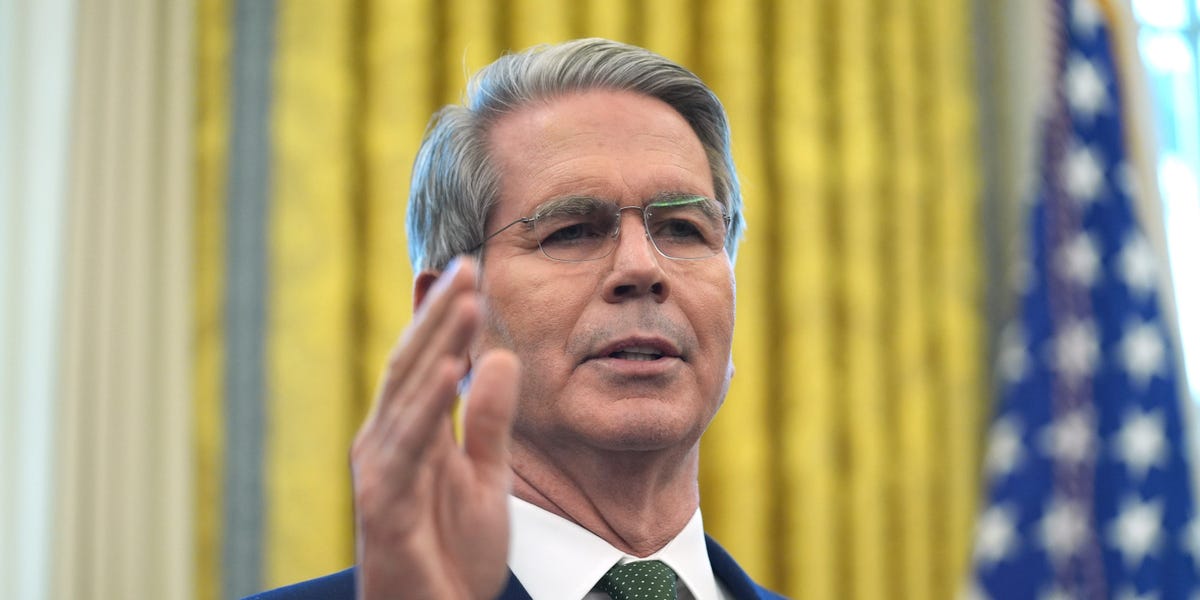Global Economic Defiance: Bessent Dismisses Recession Fears, Reveals Massive Tariff Negotiation Wave

In a revealing interview on NBC News' "Meet the Press," Treasury Secretary Scott Bessent offered insights into President Trump's strategic approach, highlighting how he masterfully crafted a negotiating position of unprecedented leverage. Bessent's comments underscored Trump's distinctive political maneuvering, suggesting that the president had deliberately positioned himself to maximize his bargaining power in high-stakes political discussions.
By strategically creating what Bessent described as "maximum leverage," Trump demonstrated his signature approach to deal-making—a tactic he has long championed in both business and political spheres. The secretary's remarks provide a glimpse into the complex political chess game being played at the highest levels of government, where strategic positioning can often determine the outcome of critical negotiations.
